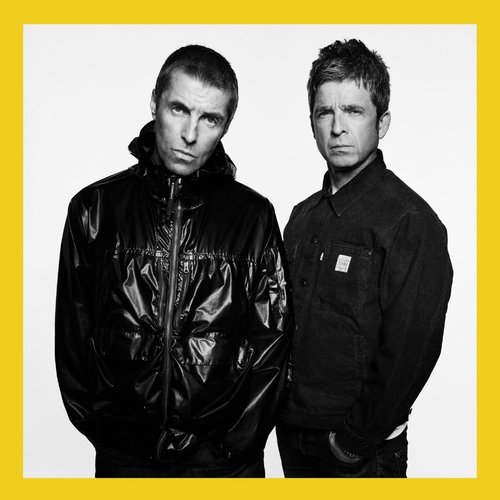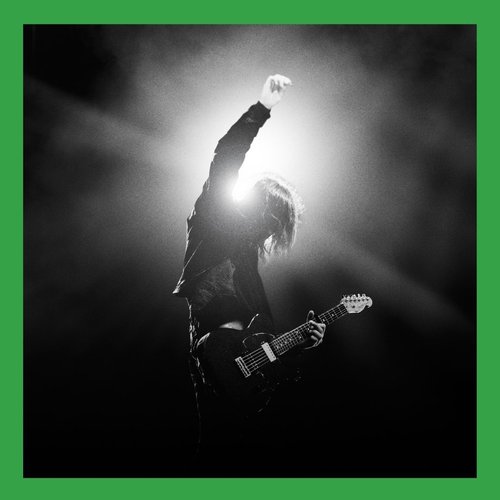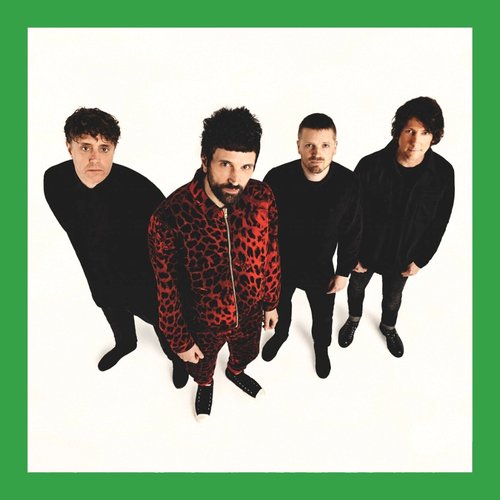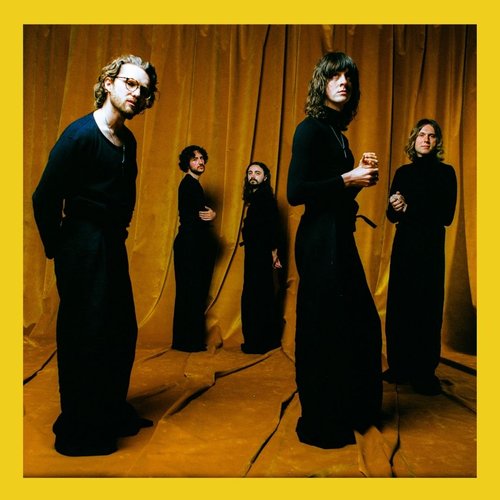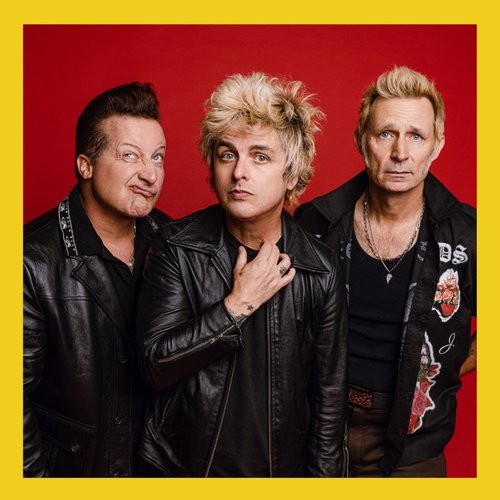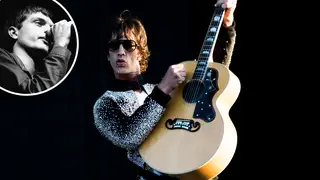Eton Rifles: the story behind The Jam's political protest song
26 October 2024, 16:00

The Jam - The Eton Rifles
The Jam’s classic 1979 song continues to fascinate with its political lyrics - but what inspired Paul Weller to write it? “It wasn't intended as a jolly drinking song,” he explains.
“Sup up your beer and collect your fags - There's a row going on down near Slough.”
Released on 26TH October 1979, The Eton Rifles trailed The Jam’s acclaimed fourth album Setting Sons and became the first single by the trio to break the UK Top 10.
Like a lot of songs by the young Paul Weller, the song is full of meaning - and concerns political and class struggle in late 1970s Britain.
“Hello-Hurray - an extremist scrape with the Eton Rifles.”
The Jam had reached new heights in 1978, with the release of their excellent All Mod Cons LP, which spawned the hits ‘A’ Bomb In Wardour Street and Down In The Tube Station At Midnight.

The Jam - Down In The Tube Station At Midnight
Weller recalled that he wrote the song when he was on holiday with his girlfriend to a caravan in Selsey Bill in West Sussex, but the weather was terrible so Weller ended up writing five new songs on acoustic guitar.
He later told Uncut magazine: “I was watching the news on TV and I saw this footage of a Right To Work march going past Eton, where all the kids from the school came outside and started jeering at the marchers. I just thought what a great fucking image it was. I didn’t think of it as particularly political.”
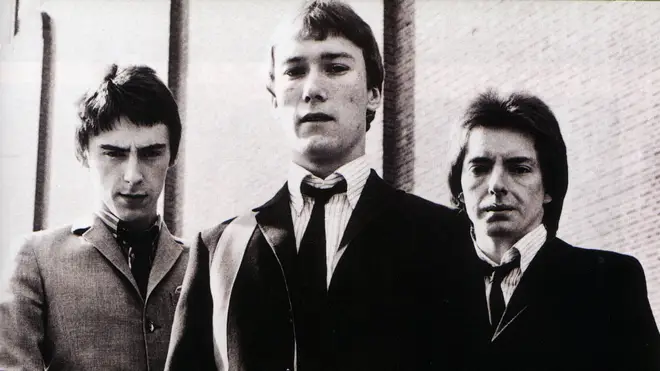
Not a million miles away from Weller’s hometown in Woking, Eton was the private school that bred British Prime Ministers, Princes, Kings and Mayors. Jam drummer Rick Buckler told Uncut magazine: “Growing up in Woking, you were aware that the school was nearby and these kids were being taught how to fire guns. It seemed crazy – a very militaristic view of education.”
The clash of cultures between the punk and working class campaigners and the privileged boys of Eton was noted by The Socialist Worker, who described the protestors “Pogoing as a giant silver spoon is presented to the Eton Head Boy. 'I hope your jolly campaign gets you somewhere,' he said.”
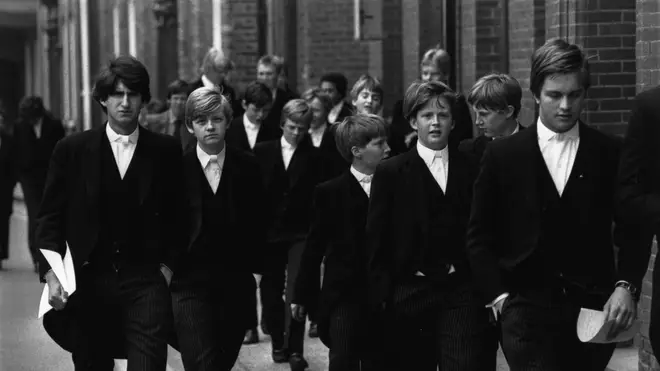
Following the election of Margaret Thatcher as Prime Minister in May 1979, the gap between the ruling classes and the workers was getting wider and wider, with unemployment about to skyrocket, interest rates about to be raised and there being cuts to public spending in the first months of Conservative rule.
"Hello-Hurray - what a nice day for the Eton Rifles, Eton Rifles"
Producer Vic Coppersmith-Heaven remembered that the recording of The Eton Rifles was not without some difficulty and claims that The Jam originally tried committing the song to tape on the previous album, All Mod Cons: "In all, we recorded Eton Rifles three times," he told Sound On Sound magazine. "The first time it just didn't have the power, it just didn't have the excitement. The second version of Eton Rifles was pretty much the same story.”
By the time The Jam had recorded a number of songs for Setting Sons, the producer thought they were ready to have another crack at The Eton Rifles: “The drums improved, the bass sound would get better, and when that happened we'd often drop a new bass part, for instance, into a track that we'd been working on days before.”
The secret weapon for the track was a group of Jam fans, who were milling around outside the Townhouse studios in Goldhawk Road, West London - Weller invited them into the studio to help out on the choruses. "I'd be mixing at the desk and I'd feel this unusual presence behind me,” said Coppersmith-Heaven, “When I'd look round I'd see about 30 kids sitting on the settees.”
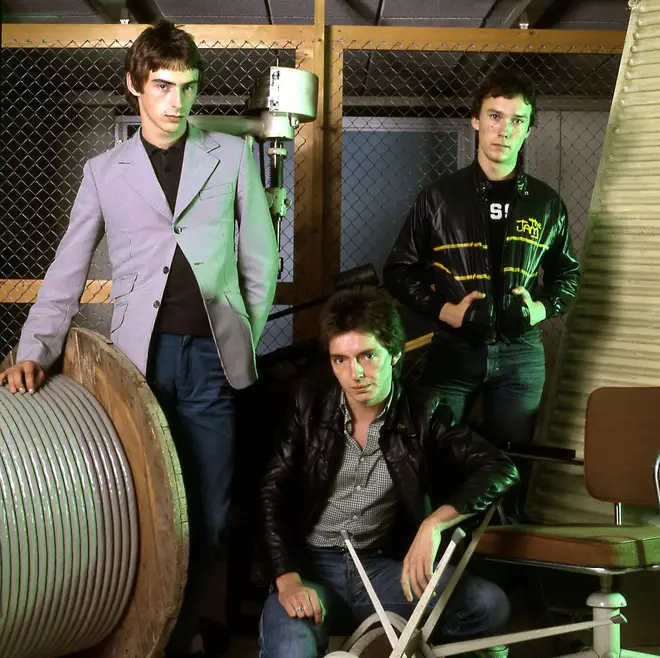
The Eton Rifles released on Friday 26 October, two weeks after the band finished recording the LP, and three weeks before Setting Sons hit the streets. The single went into the UK Top 40 that weekend at Number 29 and jumped up to Number 7 the following week. On 18 November 1979, thanks to an appearance on Top Of The Pops that week, the single reached its highest position at #3: the first Jam single to break the Top 10.
The Eton Rifles cemented The Jam as one of Britain's best post-punk bands, and their legacy continued well beyond the life of the group - they split in 1982, leaving Weller to form The Style Council, before going solo in 1991. The Eton Rifles made its way back into Weller's solo set in 2008, much to the delight of Jam fans.
“All that rugby puts hairs on your chest / What chance have you got against a tie and a crest?”
But The Eton Rifles came back to haunt Weller in a way he didn’t expect. In a Radio 4 programme in 2008, David Cameron, leader of the Conservative Party and Old Etonian, claimed that The Eton Rifles was his favourite song: “I was one, in the corps. It meant a lot, some of those early Jam albums we used to listen to. I don't see why the left should be the only ones allowed to listen to protest songs."

This, understandably, drew anger from Paul Weller. He told The New Statesman: “Which part of it didn't he get? It wasn't intended as a fucking jolly drinking song for the cadet corps.”
When Cameron became Prime Minister, he defended his Jam fandom, telling The Guardian: “Of course I understood what it was about. It was taking the mick out of people running around the cadet force. And he was poking a stick at us. But it was a great song with brilliant lyrics. I've always thought that if you can only like music if you agree with the political views of the person who wrote it, well, it'd be rather limiting."
But for The Modfather, The Eton Rifles was as relevant as ever. “People say, Why don’t you write any more political songs?” he told Mojo in 2015. “But I would just write exactly the same fucking things I wrote thirty-odd years ago. Nothing’s really changed, has it?”



